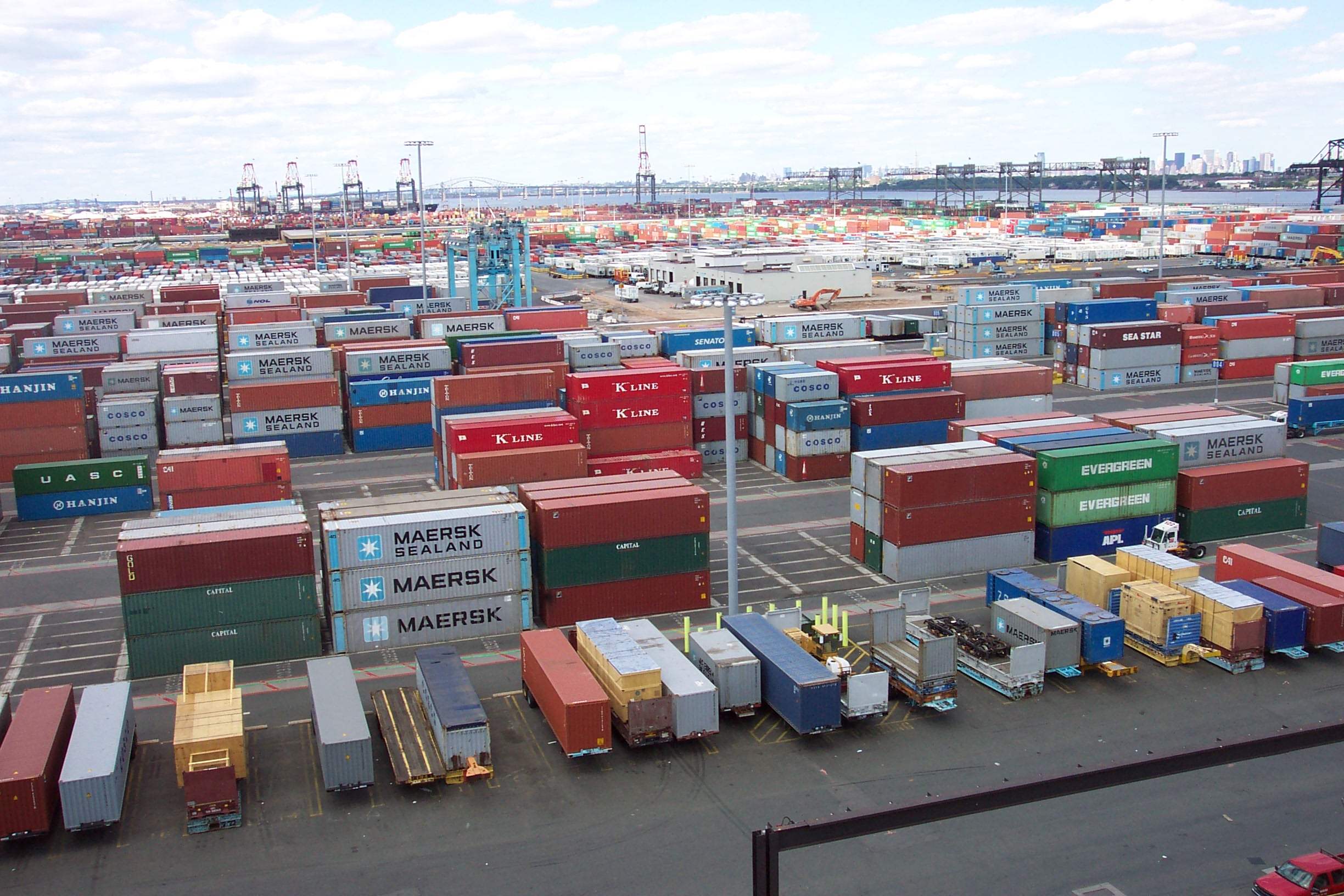4 April 2023
EXW, or Ex Works, is one of the Incoterms ® 2020 rules published by the International Chamber of Commerce (ICC). Initially, it may seem like the most advantageous delivery term for sellers, but many find FCA to be a better option. Let's explore why and how:
EXW may appear seller-friendly since the seller is not responsible for transportation or insurance, and the risk of damage to the goods is transferred to the buyer early on. Sellers also appreciate EXW due to the following reasons:
Experienced traders understand the importance of specifying the "named place" as either the seller's premises or another suitable location in the country of origin. Additionally, they clarify whether the seller or the buyer's forwarder/carrier is responsible for loading the goods.
If the seller does not have to ship or insure under EXW and the pickup is clear, what is left to discuss?
Typically, the buyer engages a freight forwarder in the country of origin to handle export clearance. To do that, the forwarders needs information from the seller, but is contracted by the buyer. This might seem fine if nothing unusual ever happens, but communications can get fraught if something does go awry.
Even in routine situations, if the seller does not receive proof of export consistently, accountability becomes unclear. This is because the seller is not responsible for arranging for export clearance, and the buyer is not obligated to provide the seller with any documentation.

To address this issue, the buyer and seller can include amendments to the EXW terms that establish an obligation for the buyer to collaborate with the seller and provide proof of export as soon as it becomes available. Although this does not relieve the seller of their export control obligations, many sellers consider it an acceptable compromise, especially in low-risk industries.
Alternatively, sellers can avoid problems associated with documentary proof of export by using FCA delivery terms, which stands for Free Carrier. In this case, the seller still delivers the goods to the carrier designated by the buyer, and it can still be at the seller's premises, similar to EXW.
There are further advantages:
When proof of export is required, companies should carefully evaluate the benefits and drawbacks of both delivery terms and consider adopting FCA to ensure smoother export processes, efficient communication, and compliance with documentation requirements. Effective collaboration between buyers and sellers remains crucial for successful international transactions under any chosen delivery terms.
Completing customs filings directly or appointing a customs intermediary can seem daunting. It need not be.
We built Exabler to help businesses with communication and record keeping while creating trade documents, managing trade compliance, and arranging instructions for freight and customs clearance.
Use Exabler to smooth the flow:
